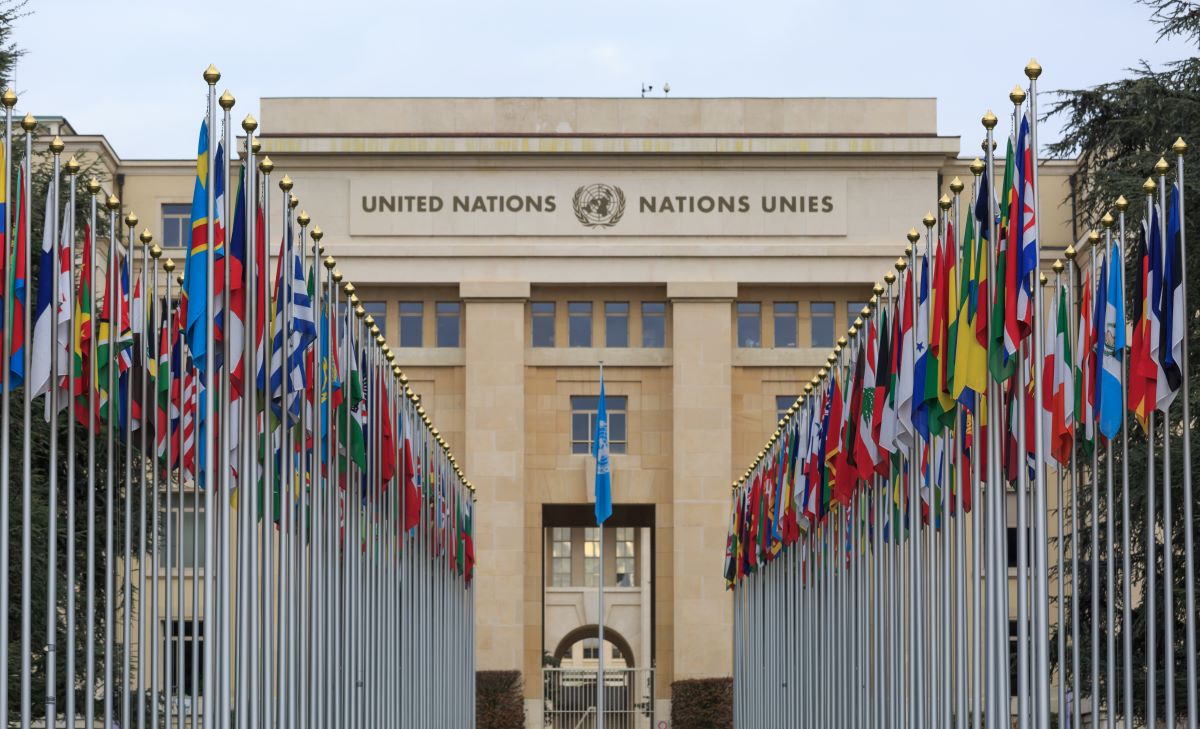War not only reshapes borders and societies but also profoundly influences political landscapes. From leadership changes to shifts in policy and ideology, the effects of war reach far beyond the battlefield. Here’s how conflict has historically transitioned from the front lines to influence the halls of government.
1. The Rise of Leaders

Wars often thrust military leaders into the spotlight, paving their path to political power. Figures like George Washington and Dwight D. Eisenhower leveraged their wartime successes to secure the presidency, highlighting the trust and credibility they earned during conflict.
2. Policy Shifts Post-War

Major wars typically lead to significant shifts in national policies. After WWII, the U.S. embraced a more proactive international role, exemplified by the Marshall Plan and the establishment of NATO, marking a shift from isolationism to active global leadership.
3. Civil Rights Movements

The aftermath of wars can accelerate social and civil rights movements. For example, Black WWII veterans returned home to a segregated America and became instrumental in the civil rights movement, using their status as war heroes to challenge racial inequalities.
4. Economic Policies

War also impacts economic policies. The need for post-WWI economic stability led to the creation of the League of Nations, which, although ultimately unsuccessful, set the groundwork for future international economic collaboration, such as the World Bank and the IMF.
5. Women in Politics

Wars that lead to significant male casualties often result in women entering the workforce in unprecedented numbers, as seen in WWI and WWII. This shift eventually supported greater female participation in politics, contributing to gender equality movements.
6. The Creation of Veterans’ Affairs

The specific needs of returning veterans have frequently led to the creation or expansion of governmental departments. Post-WWI and WWII saw significant expansions in veterans’ benefits in the U.S., influencing subsequent policy on health care and education.
7. Redrawing of Geopolitical Borders

Wars often result in the redrawing of borders, influencing political alliances and conflicts. The end of World War I saw the dismantling of empires and redrawing of borders in Europe and the Middle East, many consequences of which are still relevant today.
8. Rise of Nationalism

The aftermath of conflict can stir intense nationalistic movements. Post-WWI Germany saw the rise of nationalistic fervor, which was later exploited by the Nazis to ascend to power, drastically altering the political landscape.
9. Cold War Politics

The Cold War, emerging after WWII, led to the global ideological battle between capitalism and communism, profoundly shaping political policies in the U.S. and its foreign affairs, influencing elections and governmental structures worldwide.
10. Technological Advancements and Policy

Wars drive technological innovation, which in turn influences political decisions. Developments in nuclear technology during WWII led to nuclear non-proliferation policies that are crucial aspects of international relations.
11. Political Realignment

Wars can cause political realignments within countries. For example, post-Vietnam War America saw a shift towards more conservative policies during the Reagan years, as reactions to how the war was conducted and perceived.
12. Impact on Colonies and Dependencies

Wars involving imperial powers often prompt independence movements in colonies and dependencies. For instance, the financial and military strains of WWII accelerated the decolonization process in Africa and Asia.
13. Shifts in Public Opinion and Media

The role of media in covering conflicts, such as the Vietnam War, has influenced political outcomes by shaping public opinion. The stark portrayal of the Vietnam conflict led to widespread public dissent and ultimately policy changes.
14. Treaty Negotiations

The outcomes of wars inevitably lead to treaty negotiations, which have lasting political impacts. The Treaty of Versailles post-WWI reshaped Europe but also sowed the seeds for future conflicts due to its harsh terms towards Germany.
15. International Law and War Crimes

The aftermath of WWII saw the establishment of international laws regarding war crimes, culminating in the Nuremberg Trials. These events have profoundly influenced international politics and the conduct of wars.
16. Shifts in Defense Spending

Wars typically lead to increases in defense spending, which influence national budgets and priorities. For example, post-9/11, U.S. defense spending increased dramatically, affecting other areas of public policy due to the reallocation of resources.
17. Refugees and Immigration Policies

Wars create refugees, influencing immigration policies and international relations. The Syrian civil war, for example, has had significant political repercussions in Europe and the U.S., affecting domestic policies and international diplomacy.
18. Legacy of War Memorials

War memorials and commemorations influence public and political sentiment, often becoming sites of political expression and gatherings. These memorials serve as constant reminders of the costs of war and the need for prudent political decisions to avoid future conflicts.
A Complex Impact

From creating leaders to shifting national policies and ideologies, wars profoundly influence politics in myriad ways. Understanding these impacts helps us appreciate the broad consequences of conflict, prompting a more informed approach to future political and military engagements.
The post Battlegrounds to Ballots: How War Has Shaped Politics first appeared on Mama Say What?!
Featured Image Credit: Shutterstock / Sander van der Werf.
For transparency, this content was partly developed with AI assistance and carefully curated by an experienced editor to be informative and ensure accuracy.





